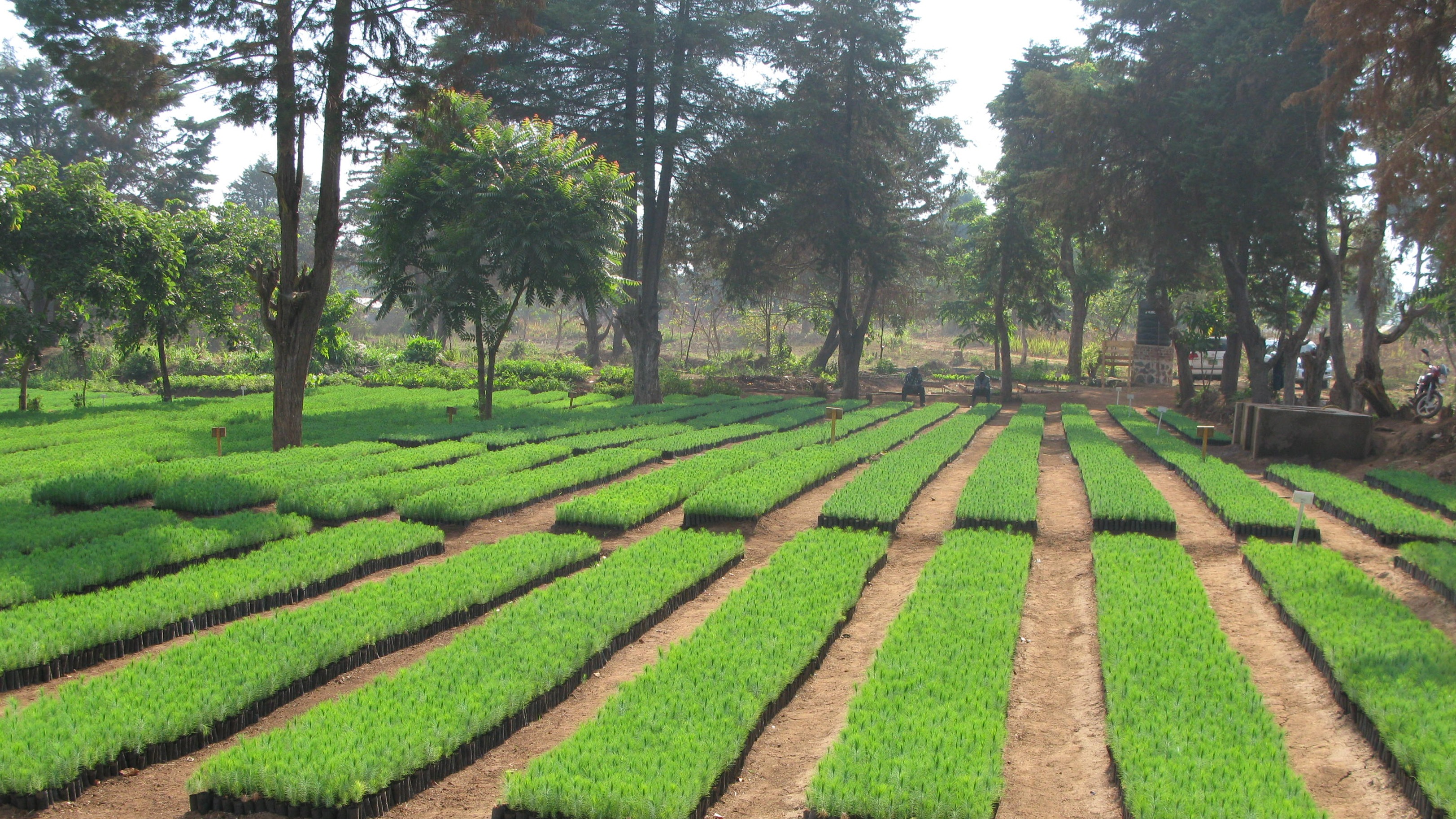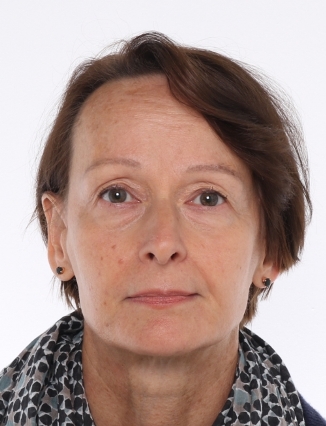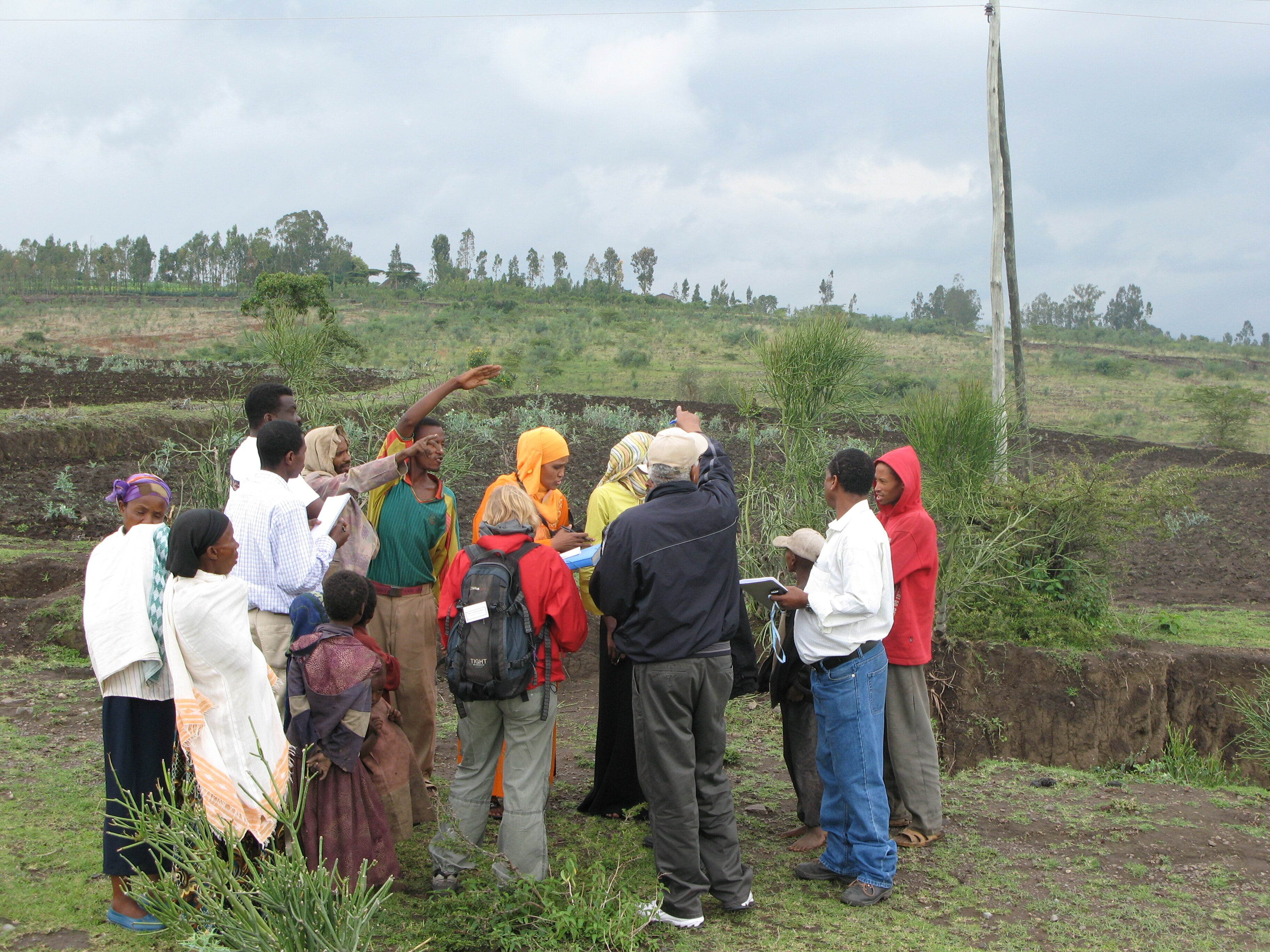Forest research promotes development and sustainable forest use in Global South
Finland finances international forest research as part of development cooperation in the forestry sector. According to Pia Katila, Senior Scientist at the Natural Resources Institute Finland, multidisciplinary approach is a key to producing information to support forest policy in developing countries.

The Ministry for Foreign Affairs finances three projects of the International Union of Forest Research Organizations (IUFRO), two of which are coordinated at IUFRO headquarters in Vienna and one in Helsinki.
The Finnish coordination project World Forests, Society and Environment (WFSE) is run by the Natural Resources Institute Finland (Luke). The project aims to produce multidisciplinary information that supports decision-making and is relevant to societies in the developing countries.
Multidisciplinary approach finds solutions to difficult challenges
Combining multidisciplinary and often fragmented information is at the core of the WFSE project activities.

“There is vast amount of research-based knowledge on forests, but it is often way too scattered. Our publications compile and analyse existing information to support forest policy,” says Senior Scientist Pia Katila, who is responsible for the WFSE project at Luke.
According to Katila, ecology should not be the only field of research to focus on when considering the role of forests in sustainable development.
“Ecology is at the centre of dealing with issues such as biodiversity. However, practical solutions require research in other fields, for example in sociology, economics and politics.”
Katila emphasises that there are no ready-made solutions. The local situation and circumstances must always be considered in decisions on forest use and forest protection. This aspect is highlighted in the WFSE research as well. According to Katila, overall development requires that equality and fairness in forest use and forest ownership are also ensured.
“It is unlikely that anything lasting will be achieved if local people are not included in decision-making. Moreover, the benefits and costs associated with the use, management and protection of forests should be distributed fairly.”
Sustainable development — but not at the expense of forests
The research network has published a book that examines the impacts of measures aimed at achieving the UN Sustainable Development Goals (SDGs) on forests and land use. Pia Katila was closely involved in putting together the over 600-page compilation.
“The focus is often on how forest use affects the achievement of SDGs, for example emissions reductions. We looked at the question from the opposite angle: the report examines how the efforts to achieve various objectives affect forests and forest-based livelihoods,” Katila says.
Interdisciplinary research plays an important role in achieving the SDGs, which requires consideration of social, cultural, economic and ecological sustainability and conflicts between them. The risk is that reaching one objective will hamper the achievement of others. Katila provides as an example the growing demand for cropland in developing countries, which is directly linked especially to the objective of eradicating hunger and achieving food security.
“In connection with this objective, it is crucial to know how measures to increase food production affect forests,” Katila explains. If the promotion of food security leads to clearing forest land for use as agricultural land, biodiversity and carbon sequestration will suffer.
The next publication is under preparation and due to be published by next summer. The report deals with forest restoration, bringing together 68 authors from universities and research organisations globally.

Finland’s imprint is visible in the world
Food and Forest Development Finland (FFD) is a Finnish organisation supporting agricultural producers and forest owners in developing countries and promoting the vitality of rural areas. The FFD has promoted sustainable management of forests by small holders, value chains of forest products, forest carbon sequestration and other climate action using forests in countries such as Tanzania, Ethiopia, Zambia and Vietnam.
The private sector has a growing role in Finland’s forest cooperation. The Finnish company Arbonaut has developed solutions for geospatial information on forests and other natural resources across the world. In Western Nepal, for example, Arbonaut has improved the ability of cities and urban environments to adapt to the impacts of climate change. As those impacts become more keenly felt, the sustainability of these environments will be put to the test.
The Government Programme includes the objective of promoting sustainable forestry and afforestation projects in developing countries. The focus is on utilising Finnish expertise, improving local living conditions and increasing the global carbon sink.
Text: Kaapo Haapanen
